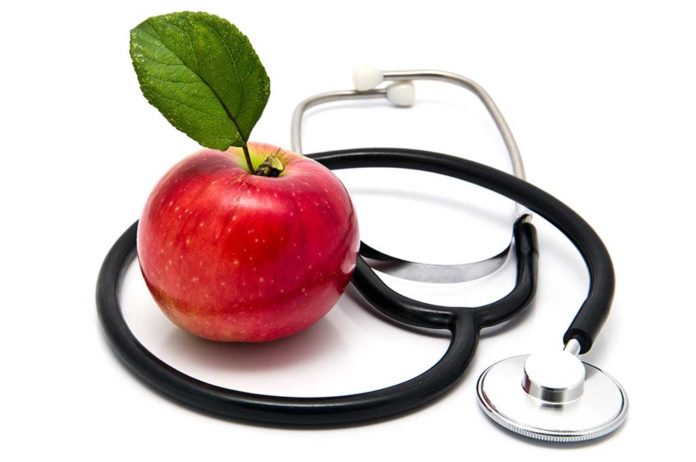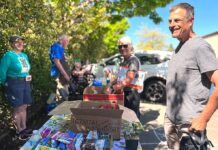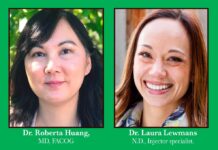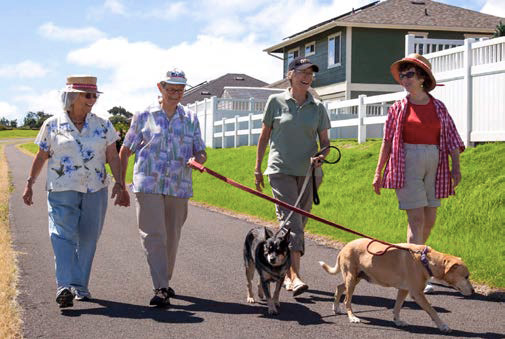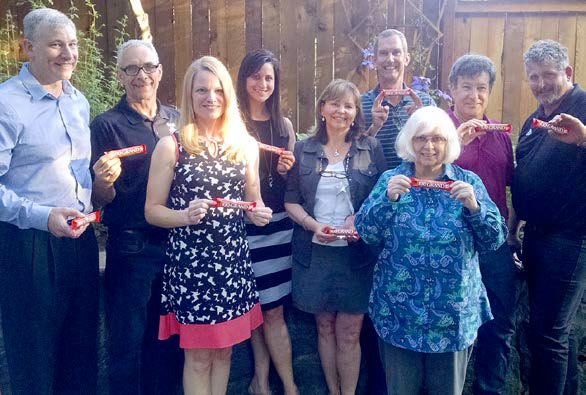The Naturopathic Revolution. I did not coin the phrase, hearing it for the first time last month at a conference filled with incredible colleagues. This phrase helped remind me of why the medicine I’ve chosen to practice is so important and to think about what this “revolution” means to me. So while I’m riding the wave of inspiration, I thought I would share some of my thoughts and dreams.
#1: Everyone should know of AND have access to naturopathic medicine as part of managing their health care.
This does not mean naturopathic medicine is or should be the only answer to health care. I respect and am grateful for my conventional colleagues for their knowledge and expertise.
In 2013, the U.S. Senate unanimously passed a resolution designating a week in October as Naturopathic Medicine Week. Fast forward six years, and there are still many, even in the Portland area where we have a naturopathic medical school, that have no idea naturopathic doctors exist or what kind of medicine we practice. So here are the basics:
A licensed naturopathic doctor is educated through a full-time, doctoral-level program in a federally accredited naturopathic medical school. The training includes two years of basic sciences and two years of clinical sciences for a total of 4100 hours, 1200 of which are clinical training. Our first two years of science training are virtually identical to any other doctor. The “swerve” comes in the next two years, where we learn about all of the options for our “toolbox” from diet, nutrition and herbs to name a few. N.D. graduates must pass national board exams in order to be state-licensed. Here in Oregon, we are licensed as primary care providers, which includes the ability to prescribe medications when deemed necessary. Each year we complete multiple hours of continuing education, of which several of these hours are based on pharmacy in order to maintain our license. Our practice methods, like any other doctor, include performing clinical history, physical exams, ordering labs and diagnostic imaging when needed, referrals and/or co-management with other medical providers.
One of many reasons our medicine is unique is the set of philosophical principals that form the basic structure of how we manage health care, no matter how different our individual practices might be.
These principals are:
- First Do No Harmnatu
- The Healing Power of Nature
- Treat the Whole Person
- Identify and Treat the Cause
- Doctor as Teacher
- Prevention
Our visits focus on spending time with our patients, getting to know and understand not only their health complaints but the patient themselves. We then use education, lifestyle changes, diet, herbs, nutrients and, if necessary, medication to begin the process of either returning to a place of health or even better, staying healthy!
Access remains a problem and is a topic in and of itself. Briefly, some insurance companies do not offer coverage for naturopathic medicine and licensing is not yet available in all states. And then with insurance companies that provide coverage, the reimbursement rates are frequently so low it’s difficult for providers to accept insurance AND make a living wage. My obvious dream would be for anyone wanting to utilize naturopathic medicine to have the ability to do so.
#2: Naturopathic medicine can save the world.
This was also discussed at my conference. It’s big and bold and I believe it in my heart of hearts. Chronic disease is a worldwide health epidemic. Per the CDC, in the United States alone, 90% of the 3 TRILLION dollars spent EACH year on health care are used to manage chronic diseases and mental health.
Naturopathic medicine shines with our focus on prevention and when chronic disease exists, doing our best to determine the “why” so that individuals have the possibility of resolving their health issues vs. simply trying to “maintain” via medication.
If everyone embraced the importance of diet and basic nutrition in the prevention and treatment of diseases, just think how much healthier we all would be as a general rule. If everyone realized how important access to good quality, real food is then we would insist upon it instead of accepting processed food as the standard norm. Many chronic diseases such as obesity, diabetes and cardiovascular disease are preventable with education and access to better choices.
You can be a part of this revolution by talking to your legislators about access to the healthcare you need and want. You can use your voice by choosing real food, supporting your local farmers and opting out of fast, convenient “food” whenever possible. The doctors at True Health Medicine are always here to help you learn more!

